Iran’s security chief: BRICS could help create new world security structure
Secretary General of Iran's Supreme National Security Council (SNSC) Ali Akbar Ahmadian has hailed the BRICS group of emerging economies, saying the bloc can help create a new security structure that would ensure the international community’s security and future.
“The world is undergoing changes, and BRICS, given its population, size, economy and power, could serve as the innovator and creator of a new security structure in the international arena to help the order and security of the future world,” Ahmadian said on Wednesday as he addressed a meeting of BRICS security officials in Russia’s port city of St. Petersburg.
He offered Iran's proposal for the establishment of a "specific security structure for BRICS under the title of ‘BRICS Security Commission,’ and to change the joint cooperation mechanisms in the fields of peace and international security to deal with common threats" such as terrorism, fundamentalism, narcotics, misappropriation of emerging technologies such as artificial intelligence, maritime insecurity, human trafficking, unauthorized biological activities as well as threats in cyberspace.
The SNSC chief also highlighted that BRICS member states, in parallel with economic cooperation, could be the founders of a new world security system in order to overcome the weaknesses of the existing security system.
Ahmadian left Tehran for St. Petersburg on Tuesday morning at the invitation of his Russian counterpart.
In addition to the BRICS security meeting, Iran's top security official is also slated to attend another meeting in St. Petersburg with high-ranking representatives in charge of security issues from BRICS+ countries, including Indonesia, Turkey, Kazakhstan, Serbia, Thailand, Belarus, Vietnam, Venezuela, Uzbekistan, Nicaragua, Cuba, Azerbaijan, Bahrain, Bangladesh, Sri Lanka, Mauritania and Laos in attendance.
On the sidelines of the gatherings, Ahmadian will also hold talks with some of his counterparts and discuss with Russian officials the most important regional and international developments in the political, security and economic fields.
Iran officially became a member of BRICS at the beginning of this year, five months after it announced its acceptance as a full member into the group along with Argentina, Egypt, Ethiopia, the UAE and Saudi Arabia.
BRICS was formed by and initially consisted of Brazil, Russia, India, China, and South Africa, which collectively represent around 40% of the global population and a quarter of the world’s gross domestic product (GDP).
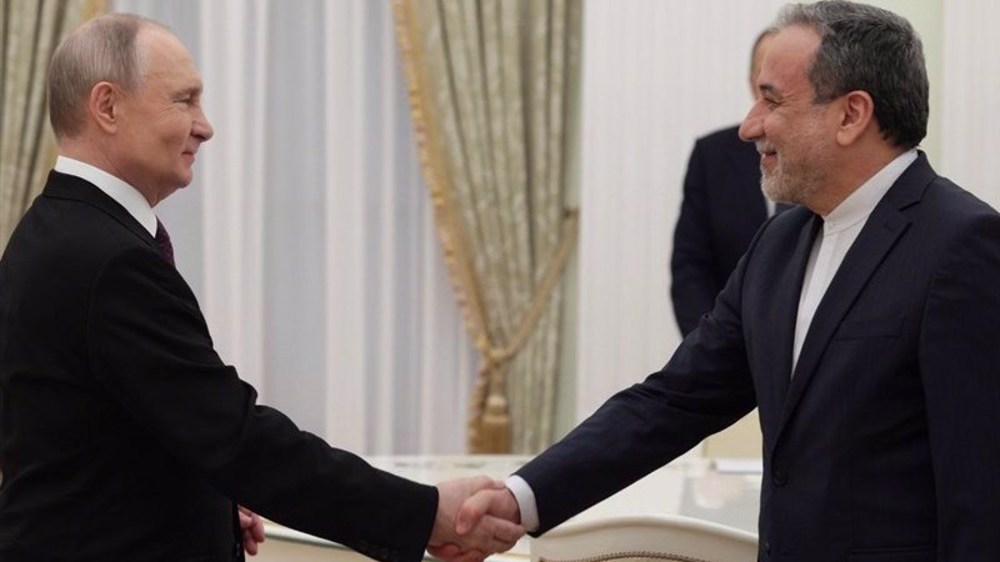
Iranian FM submits Leader’s written message to President Putin
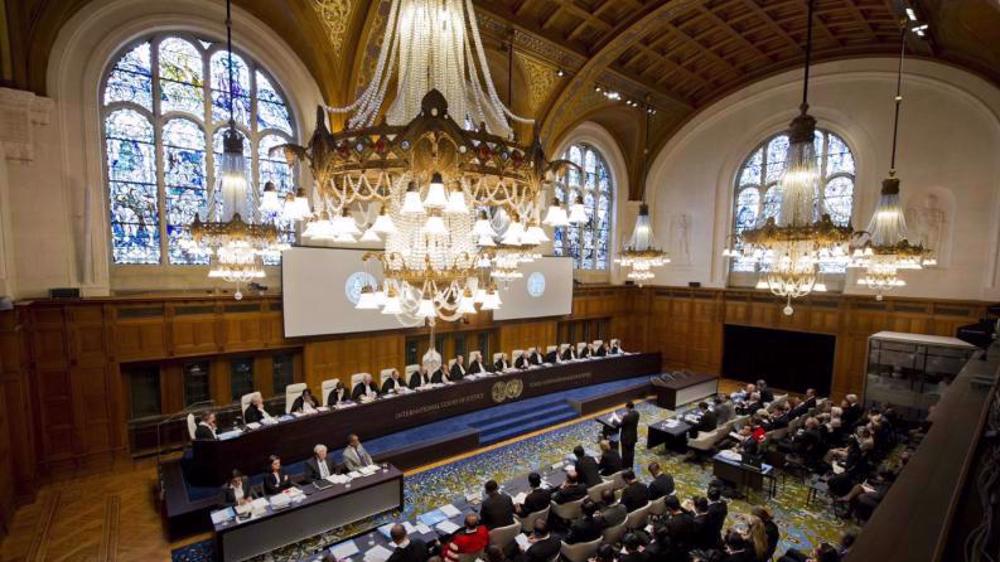
Iran takes four countries to World Court over 2020 downed jet
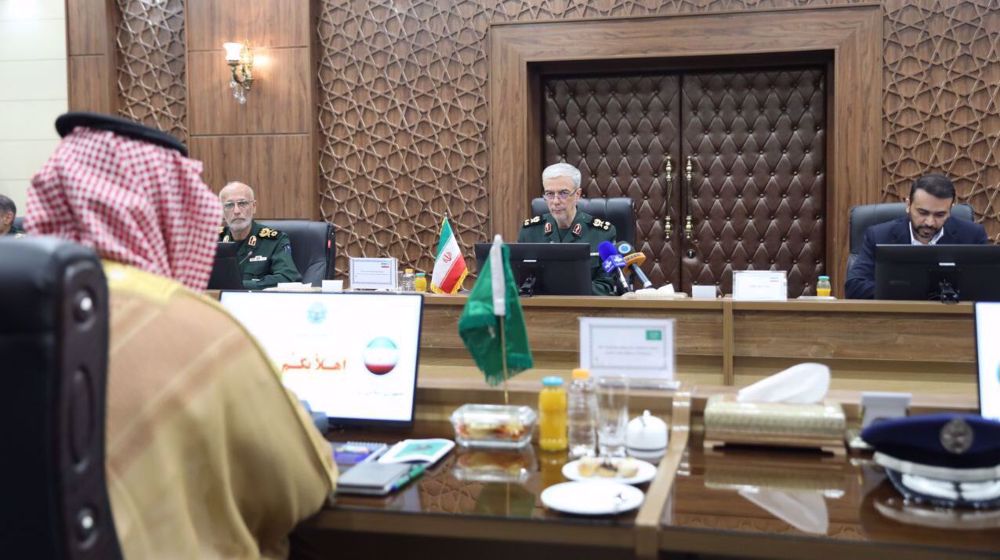
Saudi Arabia, Iran stress willingness to expand military ties
Trump induces socio-economic turmoil in Washington
VIDEO | The story of Areej: Channeling grief purposefully
VIDEO | Press TV's news headlines
VIDEO | GoT actress on life before and after Gaza
Jolani in Time's 2025 influential list amid sectarian killings in Syria
FM: Iran to 'judge' how to proceed after Saturday talks in Rome
Pezeshkian hails Iran’s military ‘preparedness’ on Army Day
Two Palestinians killed as Israel expands deadly raids in West Bank


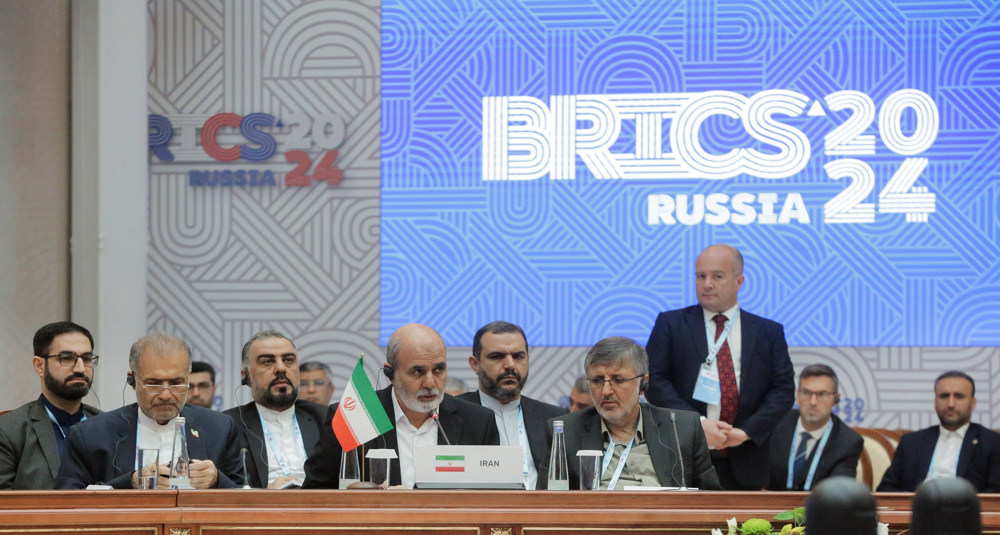




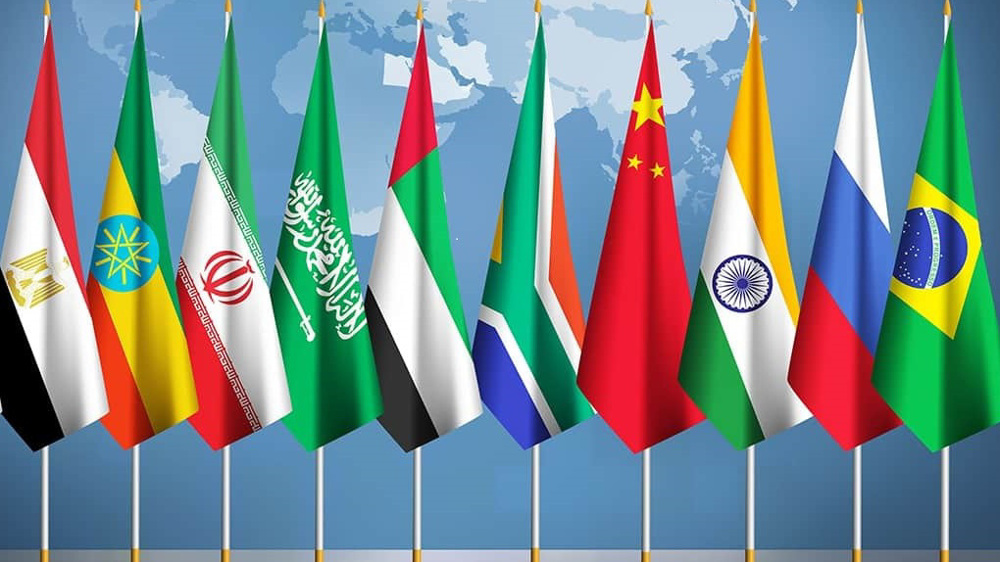
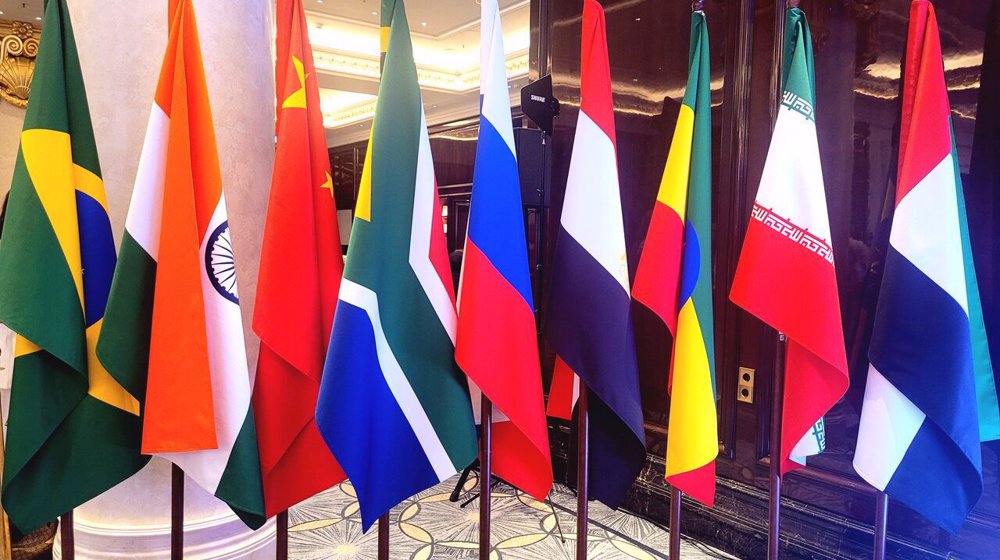
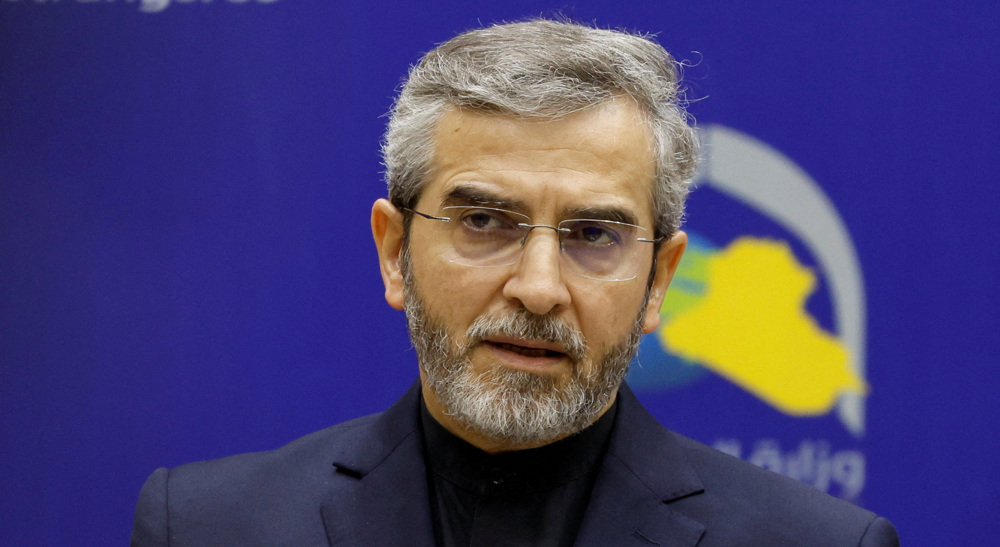

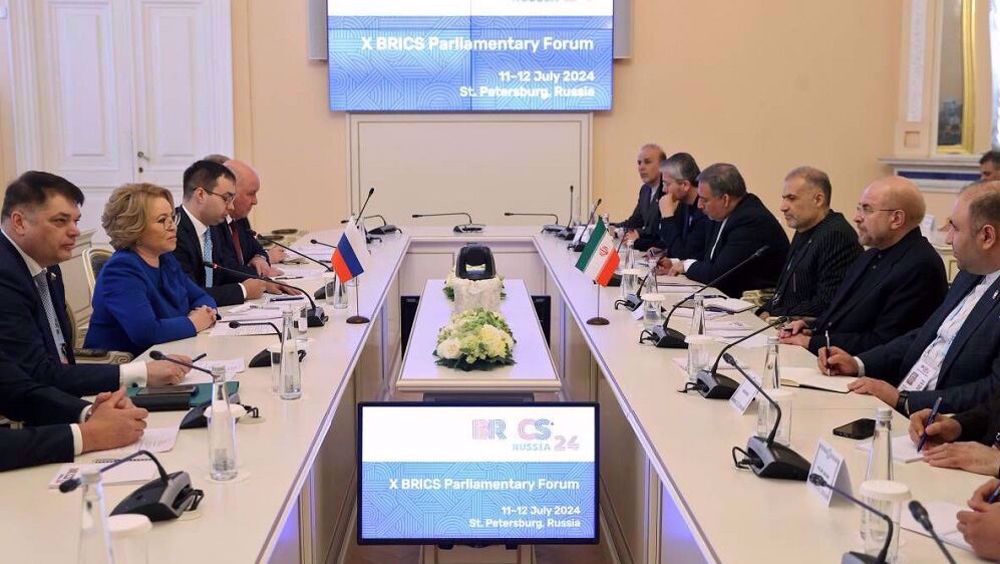
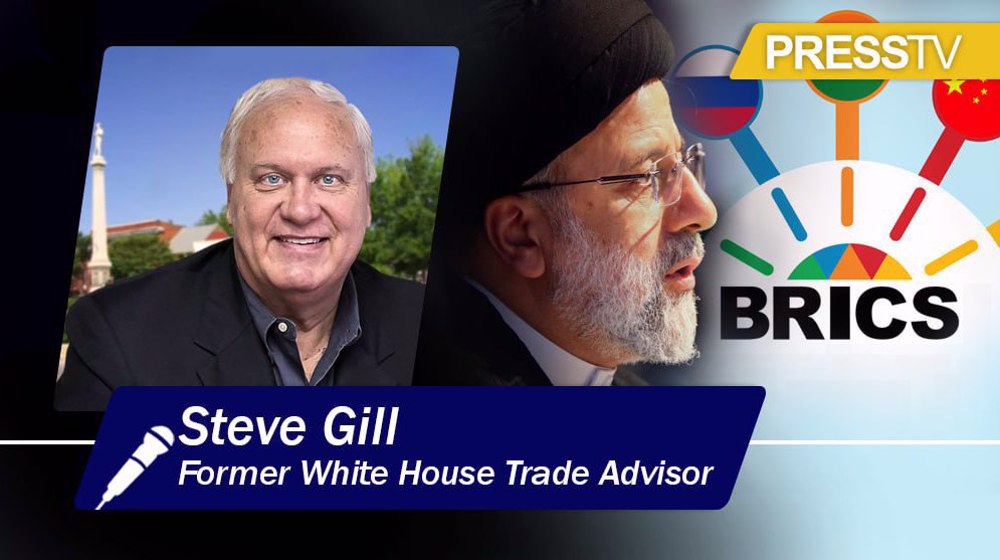
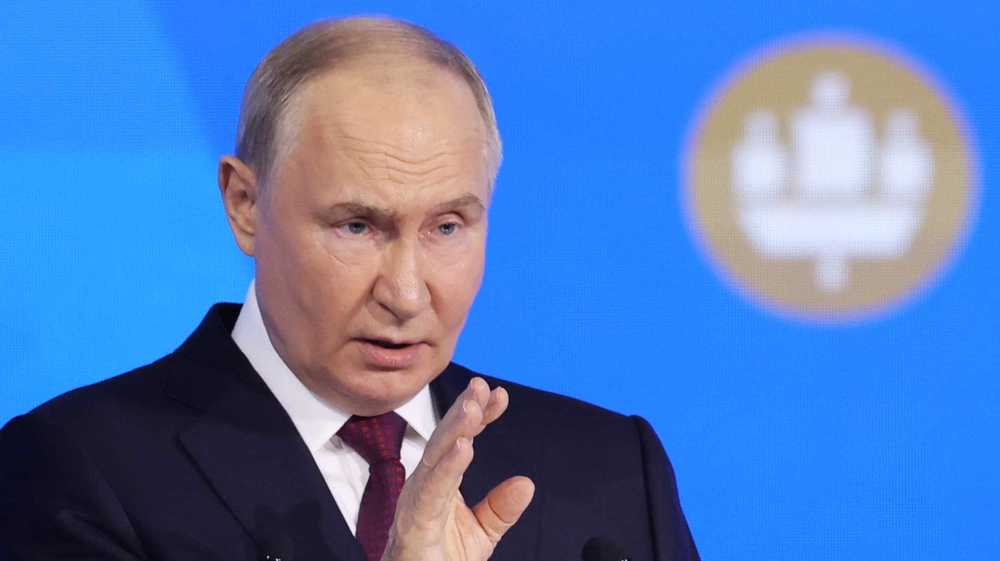
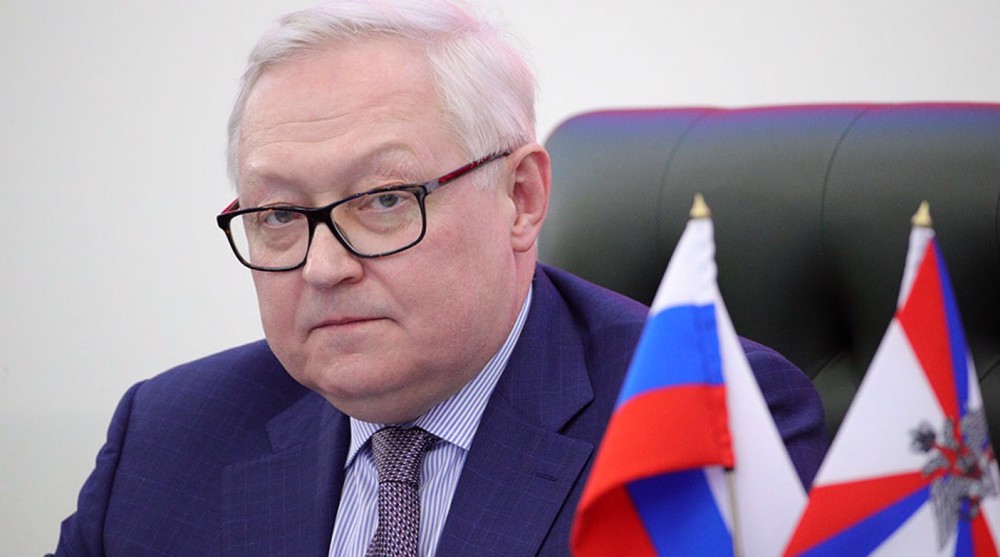
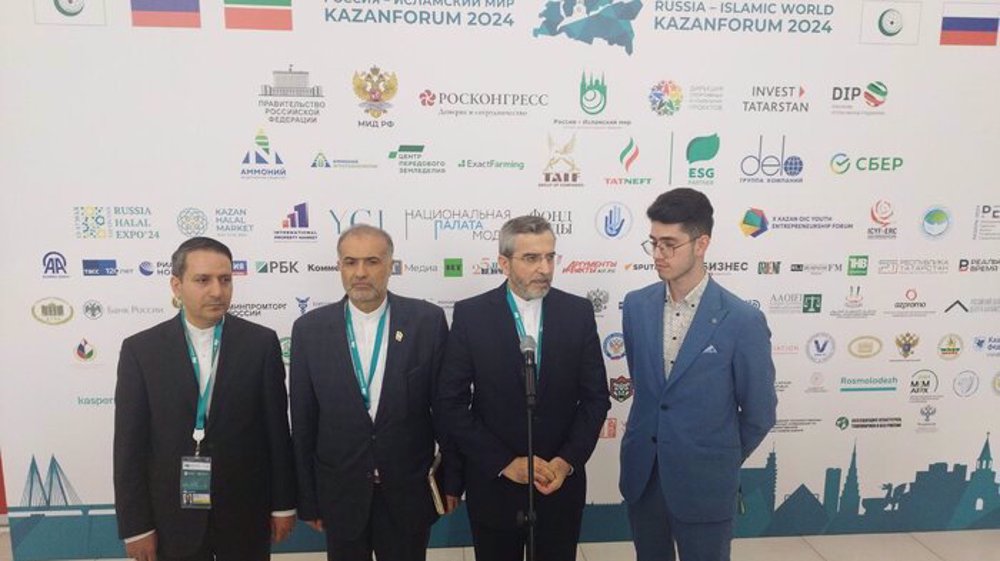
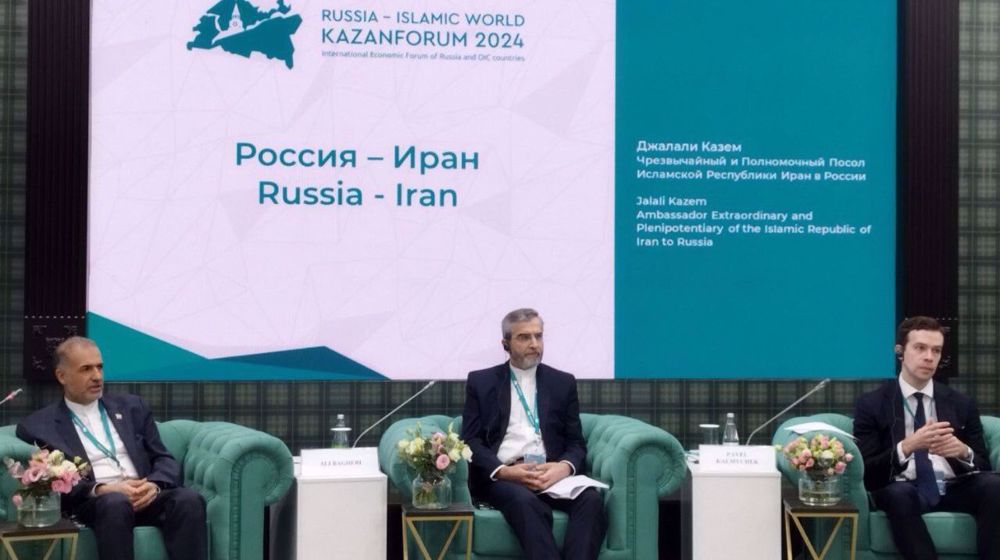

 This makes it easy to access the Press TV website
This makes it easy to access the Press TV website